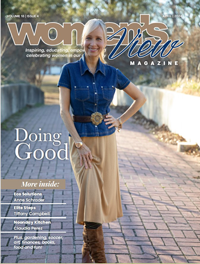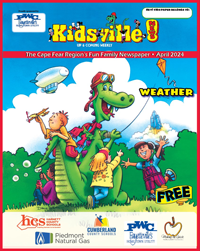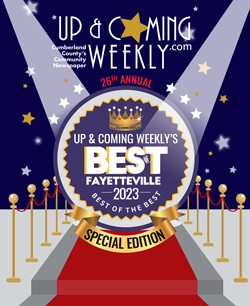
My eastern North Carolina grandmother drew me into the mystery of Virginia Dare before I started school. I was instantly riveted and have remained so ever since. Virginia was the first child born to English parents in what was then called “the New World.” She was born in 1587 on Roanoke Island, now part of North Carolina. Three years later when her grandfather returned from an extended resupply mission to England, Virginia and her family were nowhere to be seen — nor were any of the other colonists.
Being a North Carolina girl like Virginia, I was convinced that it was my mission in life to solve that mystery, and what is more, I was absolutely confident that I could — and would — do just that. My enthusiasm continued into grade school, where I actually had a classmate named Virginia Dare Mason. After I figured out my schoolmate was not THE Virginia Dare — I was very young — I decided my Virginia was a direct descendent and probably knew the secret of what happened to the original Virginia but was not telling.
Clues have been scant.
The newly returned Englishmen found the word “Croatoan” carved into a fence post and “Cro” carved into a tree. Over the last 428 years, people like me have speculated that the small band of 100 or so colonists were attacked by the local Native Americans, or more kindly, that they went to live with them and were ultimately assimilated. Some contended the colonists went south to Hatteras Island. Some said they went inland. Some said they were wiped out by disease, and one or two suspected abduction by space aliens. The truth, though, has been that no one from 1587 until now ever had much more than a theory.
Now there seems to be actual evidence, not exactly Virginia’s crib with her DNA on it, but something we can touch nonetheless, and I could not be more thrilled!
Maps from Virginia’s day exist and have been studied for more than four centuries. Three years ago a Durham-based group of people like me called First Colony Foundation announced that scholars had taken another look at a map drawn by Virginia’s grandfather, an employee of Sir Walter Raleigh. Recent close examination revealed symbols that could refer to forts or secret emergency locations that the settlers would have known about. The symbol led researchers to an area in Bertie County, west of where the settlers were last seen and where rivers that could be used for transportation converge.
The focus is now around a residential and golf course development, which conjures up thoughts of the discovery of King Richard III’s long-missing body being located three years ago beneath what the British call a car park in Leicester, England, but we will not go there in this column.
The front page of a recent Raleigh News and Observer had yet more good news. First Colony Foundation archeologists have been digging and have found pottery shards, a hand-wrought nail and artifacts associated with clothing, everyday items from the 16th century and consistent with similar finds in England. Researchers speculate that the colonists left their Roanoke Island settlement for whatever reason in two waves — first a small group of men and later a group of men, women, and children, presumably including Virginia.
Perhaps we human beings have genes that drive us to solve mysteries like what happened to baby Virginia and King Richard. We have long known that Richard died on the battlefield at Bosworth Field and that his head was later displayed to prove to both friend and foe that the king was indeed dead. Earlier this year, what was left of him was given a dignified burial, and Leicester continues to do brisk business in kingly tourist trade, including a special “Return of the King” beer.
But Virginia? Who knows? Did she perish from harsh living conditions as did many infants in that era? Did she grow up and have children so that her blood still runs in someone, somewhere? Will we ever know or will we go to our own graves still channeling Virginia?
We will know, if the folks at First Colony Foundation have their way. Phil Evans, president of the foundation, is hopeful. “We’ve gone from known to unknown to a new known,” he says, referring to the recent finds in Bertie County ... There’s a lot more unknown to be discovered. The future before us is one of still searching, still researching.”
I am cheering them on from Fayetteville, hoping that my childhood dream of Virginia being found will come true, even if I am not the one to do it. Knowing the fate to Virginia and the rest of the Lost Colony would enrich the history of the nation that came into being in part because of this tiny band of colonists.
Really, though, I just want to know what happened….

 How to resolve AdBlock issue?
How to resolve AdBlock issue? 









